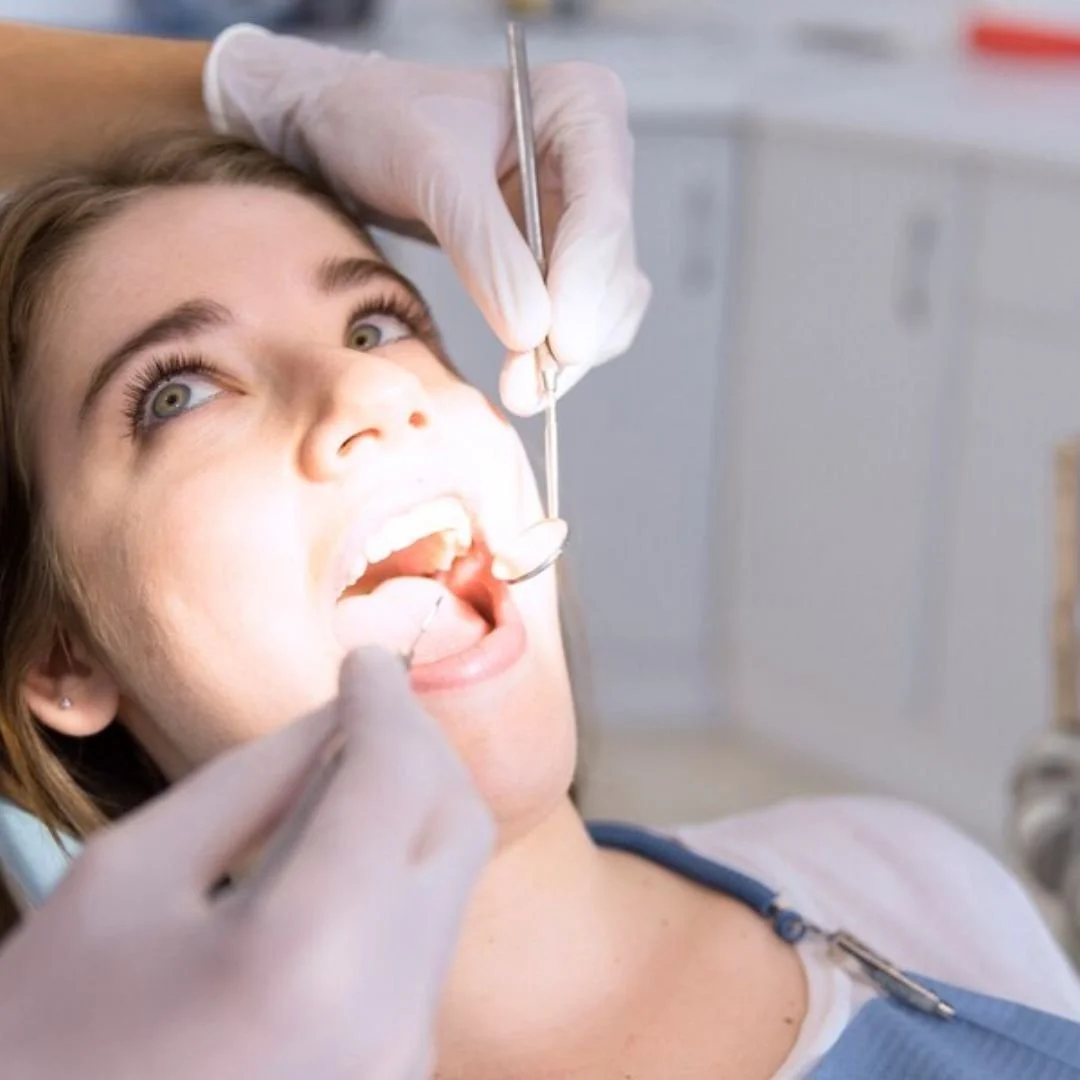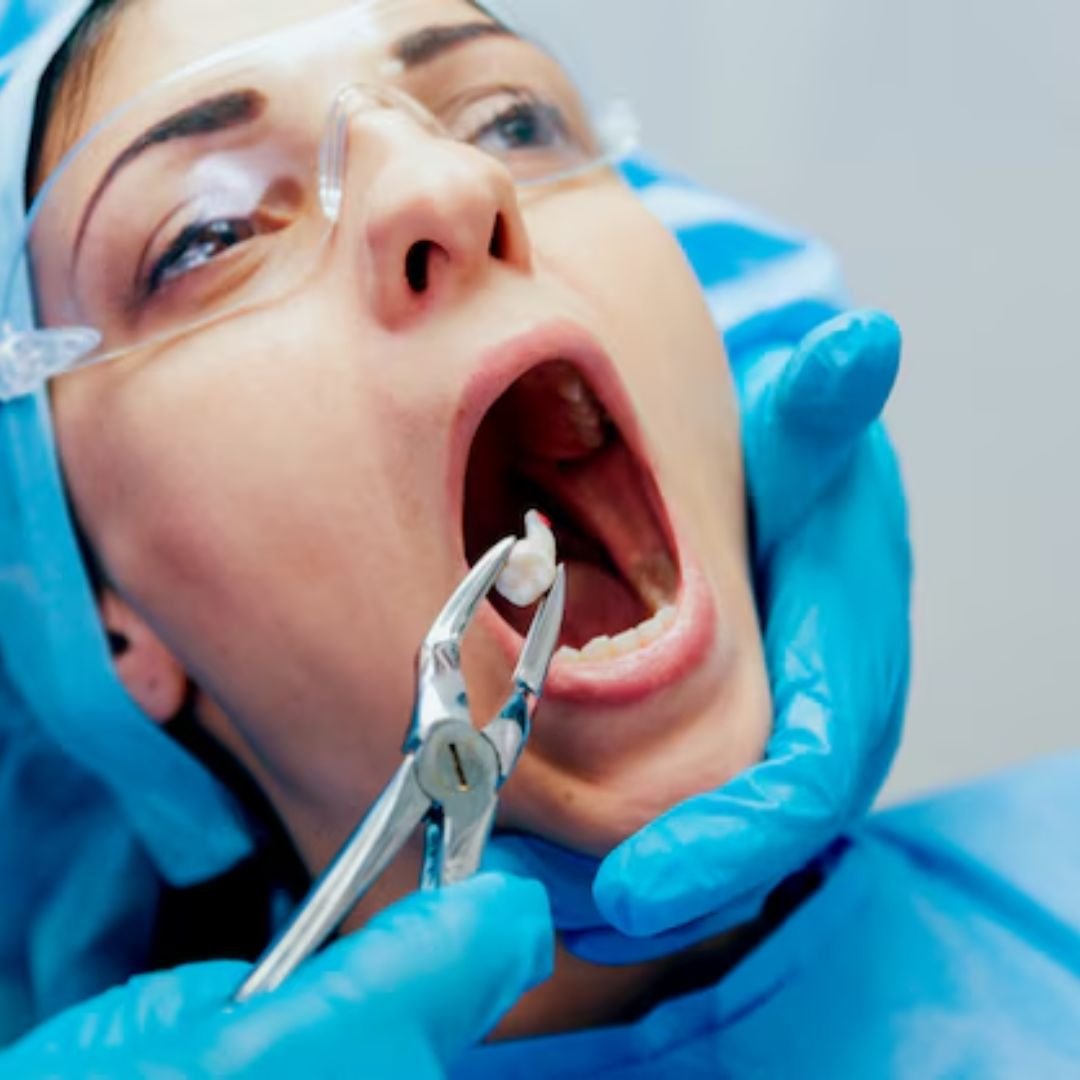Dental care is like a superhero cape that everyone needs to wear, whether we are kids or adults. It prevents cavities and RCTs and makes our smiles powerful at all ages.
Dentistry prevention for adults and children has different styles. For kids, the care is mostly about teaching helpful habits and building healthy oral hygiene routines to imbibe the role of a responsible adult. Meanwhile, for adults, the care is mostly about preserving the teeth and taking care of concerns with age and natural wear and tear of gums.
The blog delves into the aspect of understanding the importance of dental care and, at the same time, highlights the key differences between adult and pediatric dentistry.
What is Pediatric Dentistry vs. Adult Dentistry?
Preventive dental care is a significant habit that needs to be instilled in children right from the beginning to keep their smiles healthy. Pediatric dentistry focuses on protecting the teeth through a different approach to ingraining children's oral health and hygienic habits.
For adult dentistry, according to statistics, nearly 90% of adults suffer from tooth decay between the ages of 20-64. This emphasizes the importance of prioritizing healthy oral hygiene and habits that lead you toward optimal dental health.
Preventive Measures Taken for Pediatric Dentistry
If you want to keep your kid's teeth healthy, here are a few measures that can help:
Regular Dental Checkups
Planning and scheduling regular checkups with the dentist, especially one every six months, will prepare the child for any early signs of issues.
This can prepare the child and the parents to take better care. Scheduling routine checkups forms a healthy habit for the children, too, and makes them more adaptive to dentist visits.
Basic Dental Education
It is essential to form healthy habits in the early stages of life by teaching children proper techniques for brushing their teeth, inculcating tongue cleaning, and flossing.
To prevent teeth from cavities, limit their sugar intake and give proper guidance on the usage of pacifiers, thumb-sucking, and other habits that hinder tooth development.
Application of Sealants
The application of sealants on the surfaces of your children’s molars and premolars can help in the accumulation of bacteria in the grooves and act as a protective coating that does not risk the issue of cavities in children.
Preventive Measures Taken for Adult Dentistry
Here are a few measures that can help with oral hygiene in adults:
Routine Dental Checkups
Just like pediatric dentistry focuses on regular dental visits every 6 months, adults must visit the dentist, too. One can see early signs of tooth decay, take preventive measures, and get ahead of any serious issues.
Brushing and Flossing Techniques
We all know brushing twice a day is beneficial for oral hygiene and helps prevent the formation of plaque.
A technique other than brushing that is important is the use of floss, as it helps remove the food particles between teeth and does not let plaque form. These techniques prevent future gum diseases.
Suitable Mouthwashes & Fluoride Treatments
Enamel is the strongest coating that protects our teeth, and fluoride treatment or mouthwashes that contain fluoride help prevent cavities. Fluoride treatment/ mouthwashes are especially beneficial for adults.
Avoiding Tobacco and Alcohol
Adults must avoid smoking and the consumption of alcohol at any cost, as their usage leads to the risk of oral cancer and many other gum diseases.
Teeth suffer a lot, and due to smoking, teeth lose their shine. One can also get teeth whitened, which positively impacts one's overall well-being.
Key Difference between Pediatric Dentistry vs. Adult Dentistry
When it comes to dental care and preventive measures, kids and adults have different dental concerns altogether. From tiny brushes to advanced care and restorations, the key differences between pediatric dentistry vs adult dentistry are discussed below:
Techniques Followed Through the Treatment
In the pediatric prevention technique, the approach is child-friendly to comfort the child and not make them anxious.
Smaller instruments and other behavioral changes that soothe the child are used. In contrast, restorative techniques such as crown placement, bridges, and implants are performed in adults.
Dealing with Different Dental Conditions
Due to children's high sugar intake, the main concerns of pediatric dentistry are cavities and the protection of enamel.
Meanwhile, in adults with growing age, oral cancer, gum disorders, missing teeth, bruxism, and other diseases.
Education on Patients Concerns
While discussing the difference between pediatric dentistry vs adult dentistry, there is one factor that is common and different simultaneously.
For children, oral health and education are more about inculcating habits such as brushing and flossing.
For adults, apart from brushing and flossing, age-related health concern and their education are important. Connecting the body-related diseases such as diabetes or heart disease to dental concerns and taking significant steps.
Application of Sedatives and Anesthesia
Sedation options for children involve the use of nitrous oxide, known as laughing gas, to keep them comfortable and calm. The anesthesia is customized according to the child's pain tolerance.
For adults, the sedation options include oral and IV forms and are applied according to the treatment.
Final Thoughts
Pediatric is the playful friend that, through easy methods and techniques, teaches brushing, flossing, and other oral health-related lessons that kids perform and learn.
For adults, one size does not fit at all, and therefore, managing the difficulties that come with age, stress, and natural factors still involves teaching and learning ways to keep teeth healthy.
Want to keep your teeth healthy and maintain oral hygiene?
Visit the Valley Creek Pediatric Dentistry McKinney, TX, for the best consultations.















